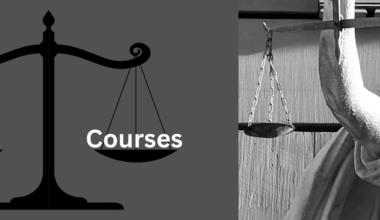A victim is usually defined as a person who has been directly harmed by a crime that was committed by another person. In 1985, the United Nations adopted the Declaration of Basic Principles of Justice for Victims of Crime and Abuse of Power and defines the victims in Article 1 as:
“(1) ‘Victims’ means natural persons who, individually or collectively, have suffered harm, including physical or mental injury, emotional suffering or economic loss or violations of fundamental rights in relation to victimizations identified under ‘scope’.
The Declaration recognized four types of rights and entitlements of victims of crime. They are:
(a) Access to justice and fair treatment;
(b) Restitution;
(c) Compensation;
(d) Assistance.
In Section 2 of the Code of Criminal Procedure, 1973,- “Victim means a person who has suffered any loss or injury caused by reason of the act or omission for which the accused person has been charged and the expression victim includes his or her guardian or legal heir.”
If the victim of a cognizable offense gives information to the police, the police are required to reduce the information into writing and read it out to the informant. The informant is required to sign it and receive a copy of the FIR (Section 154 (1) and (2) of the Cr.P.C.). If the police refuse to record the information, the victim-informant is allowed to send it in writing and by post to the Superintendent of Police concerned (Section 154(3)). If the police refuse to investigate the case for whatever reason, the police officer is required to notify the informant of that fact (Section 157(2)). Alternatively, victims are enabled by section 190 of the Cr. P.C. to avoid going to the police for redress and directly approach the Magistrate with their complaint.






